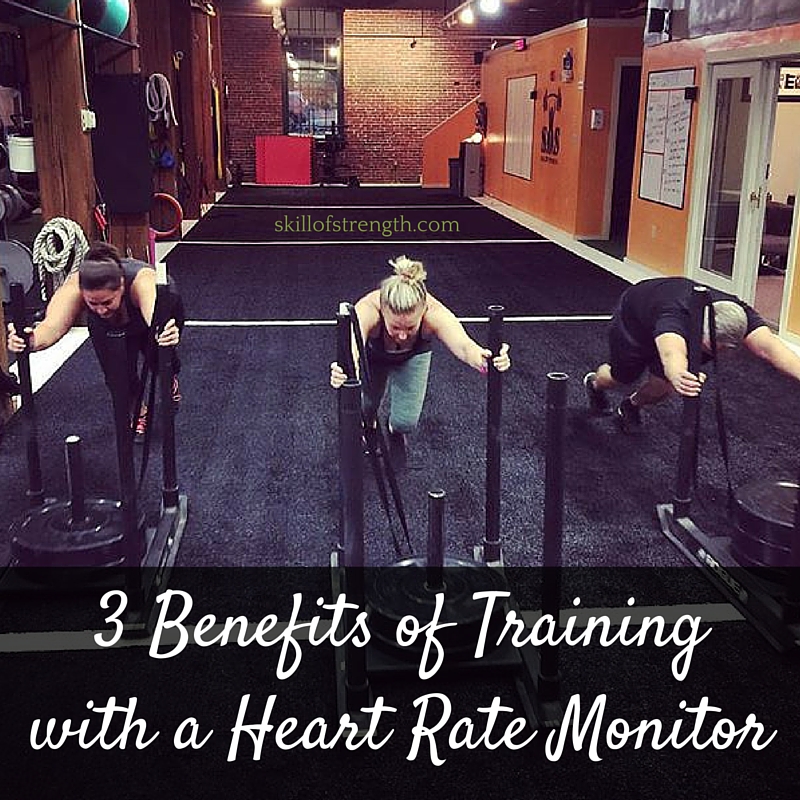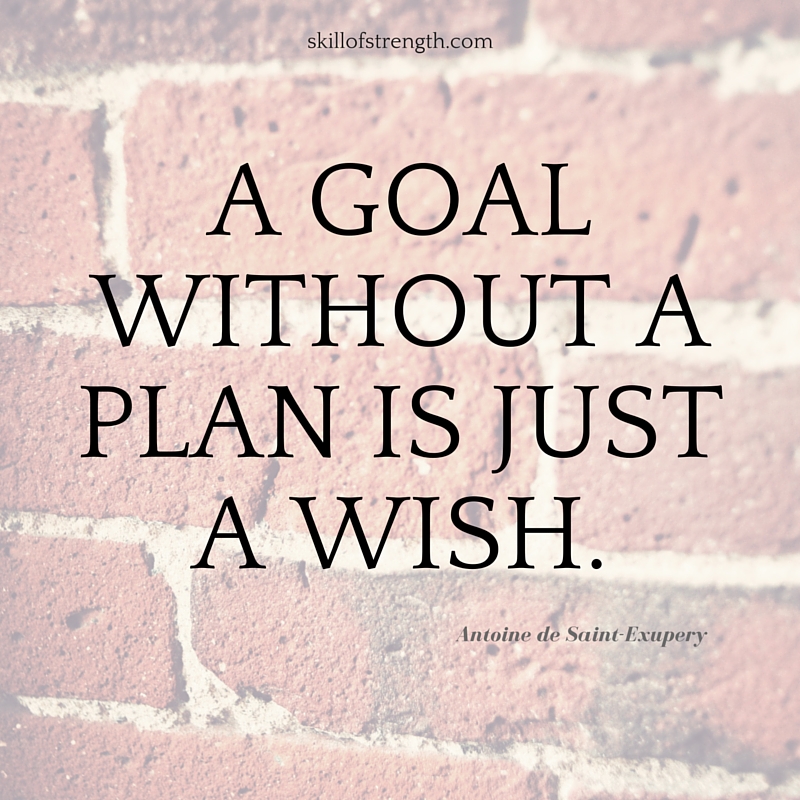
If you exercise regularly, it’s safe to say you have a training goal. Whether you are looking to lose weight, build some muscle, look better naked, perform better in your sport or maybe simply get a bit healthier, a heart rate monitor may help you achieve your health and fitness goals more efficiently.
Your training goals will change over time, but whether you are more focused on improving your performance in your sport or you want to lose weight, it’s incredibly helpful to have valid data that confirms your progress, or lack of progress.
If you don’t have a plan, don’t be shocked when you don’t reach your goals!

Three Reasons Training with a Heart Rate Monitor Will Help you Reach Your Goals
1. Build a Training Foundation with Aerobic Training
Look, I know high intensity interval training is all the rage these days (and it’s great when used properly!), but the best way to build a solid foundation is through aerobic training.
When it comes to proper aerobic training, the exercise selection is not incredibly important, but training in a specific heart rate range is. A generic recommendation for improving your cardiovascular fitness is to try to keep your heart rate between 120 and 145 for 45-60 minutes 2-3 times weekly.
The only way you can be sure your heart rate is in this proper zone for aerobic training is by wearing a heart rate monitor.

2. Ensure Proper Recovery Time When Training
Recovery is often under-rated. When I’m talking about recovery, this includes everything from sleeping more, incorporating rest days, taking salt baths, getting massages, and doing things like leisure walking to ensuring you are getting enough rest to benefit as much as possible from your training. After all, you actually get more fit when you recover, not when you train.
One specific way to improve recovery, as well as help you develop power and speed to improve your sports performance, is to take appropriate rest time between sets.
Let’s say that you perform a :10 bike sprint and your goal is to create maximum power for :10. You are able to create 1000 Watts as your peak power. Your workout calls for you to repeat 10 sets of :10 sprints. If you do not recover properly in between each set, you’ll become incredibly fatigued and you will have a tough time hitting 1,000 Watts for all 10 sets. In fact, you’ll even think you’re working harder than you are for the remaining sets because you are tired.
On the other hand, if you allow your heart rate to recover back down to 100 beats per minute or so, in between each set, you have a much greater chance at producing 1000 watts on every set. Rest is vital to power production!
When you wear a heart rate monitor, you take the guesswork out of whether or not your heart rate is recovered enough to work your hardest again.
3. Determine if you are Working as Hard as You Think You are When Training
So yes, you need to recovery properly (in life and in between sets!). That said, if you want to get in great shape, you also have to work hard.
In order to work hard, you want to spike your heart rate and train in a fashion that will force adaptation.
Like I mentioned above, high intensity training is all the rage these days. It’s no secret that interval training is great for improving cardiovascular health and burning calories! If you don’t work hard and do not spike your heart rate, you simply won’t burn as many calories. Keeping your heart rate at 115bpm for an hour is not the best or fastest way to lose fat and improve performance.
Again, a heart rate monitor is a great way to stay accountable. With a heart rate monitor on, if you’re dogging it during your workout, you can tell just by looking at your heart rate.

As coaches, we want you to reach your goals. When we can track your heart rate and your estimated calories burned, it gives us solid information about how we can change your program to increase your cardiovascular fitness, burn more calories and achieve your goals.
For today, I just started out with three reasons you should train with a heart rate monitor, but really there are so many more reasons why tracking your heart rate during workouts can be incredibly beneficial in helping you reach your sports performance and health and fitness goals!

Great article. With the wide range of heart monitors on the market, which top 3 would you recommend? I’ve done tons of research but cannot find one that will give the most accurate reading. Thanks for the help
Ray- I’ve stuck with Polar throughout the years and have had great luck. I’ve also heard that Suunto makes a nice product.
Great article. Finally someone is educated enough to see the benefits of HR training
Thank you John!
Great article. Finally someone is educated enough to see the benefits of HR training
Great article. So, you want to get your HR to 100 as sign to begin again? Will you be writing an article on HRV too?
Thanks!
Jack